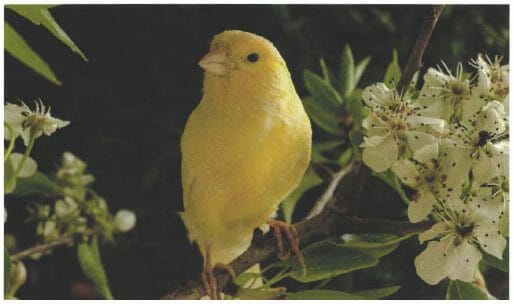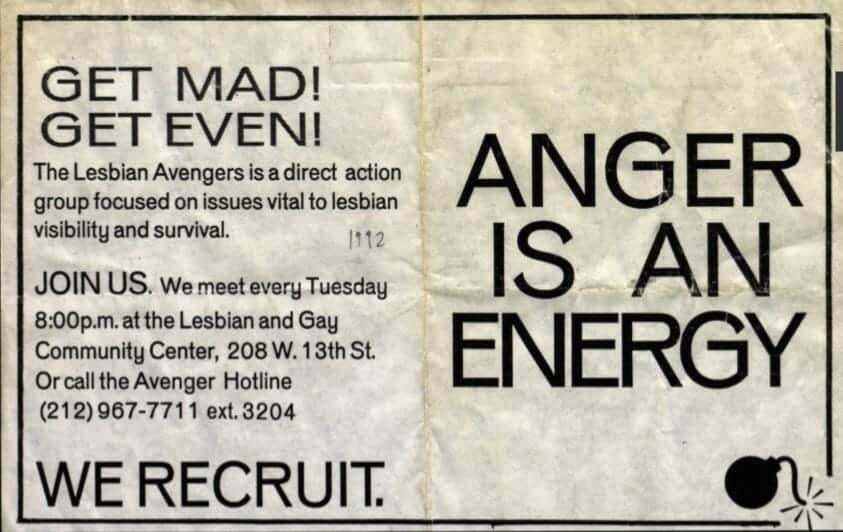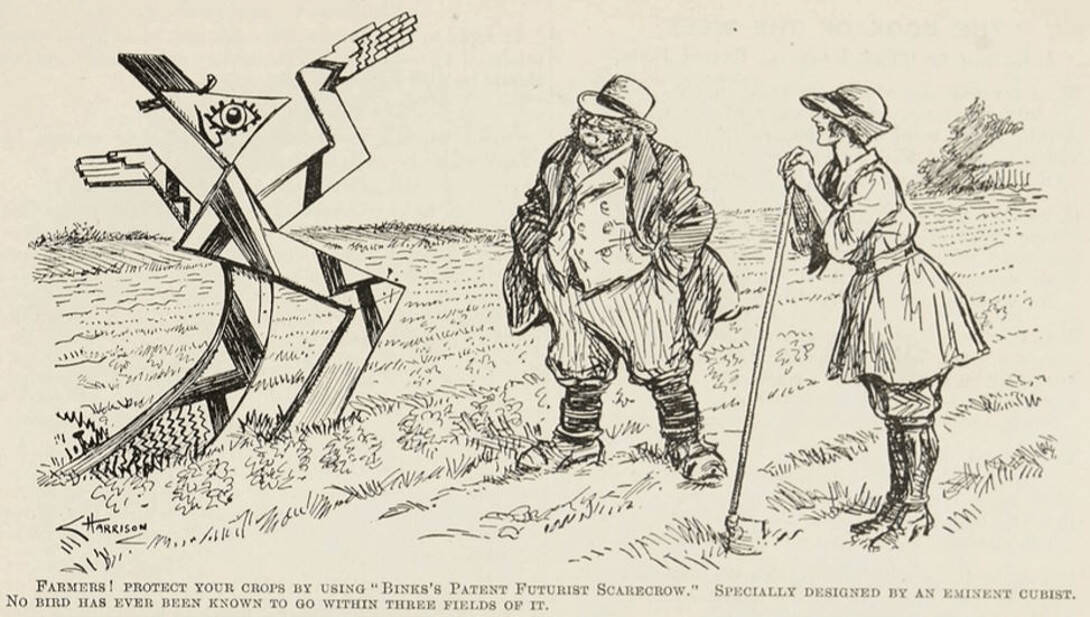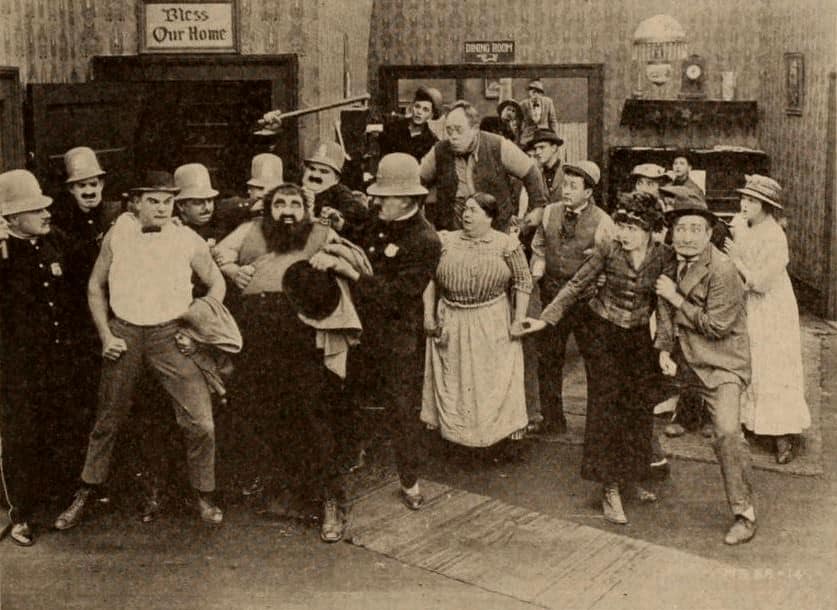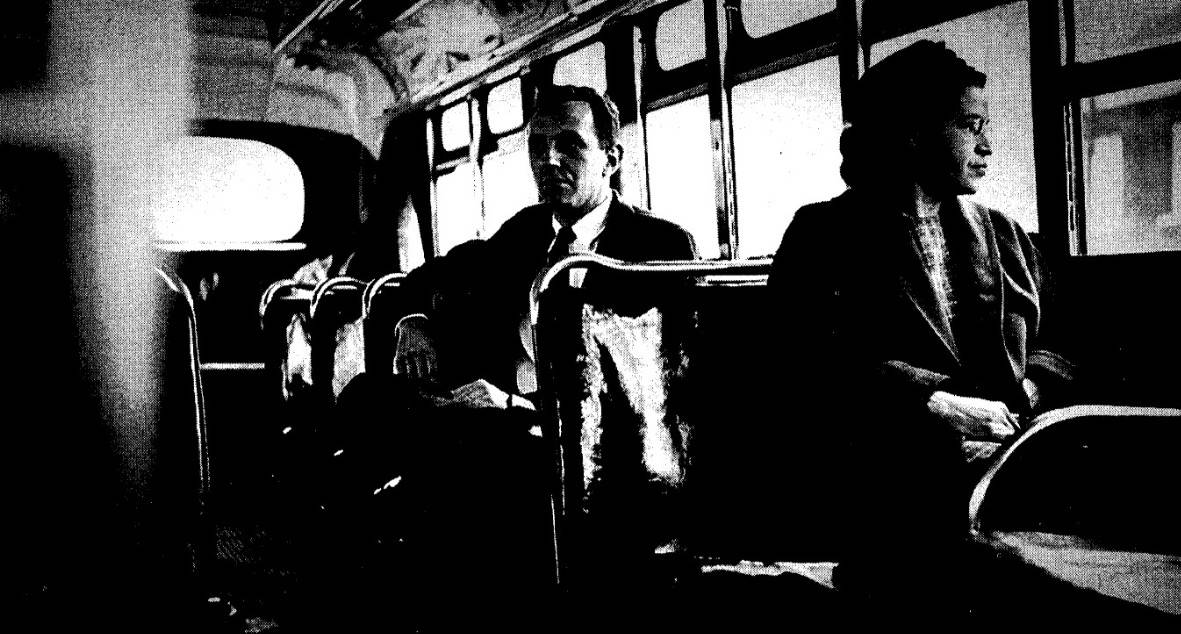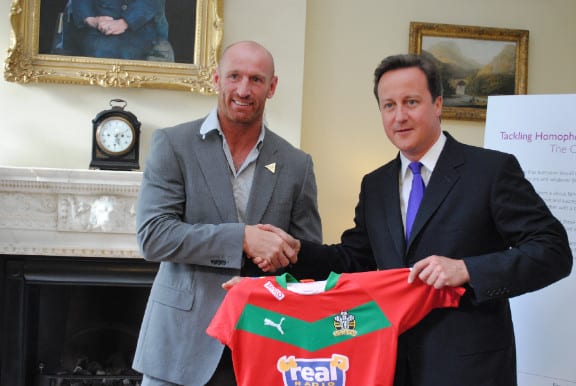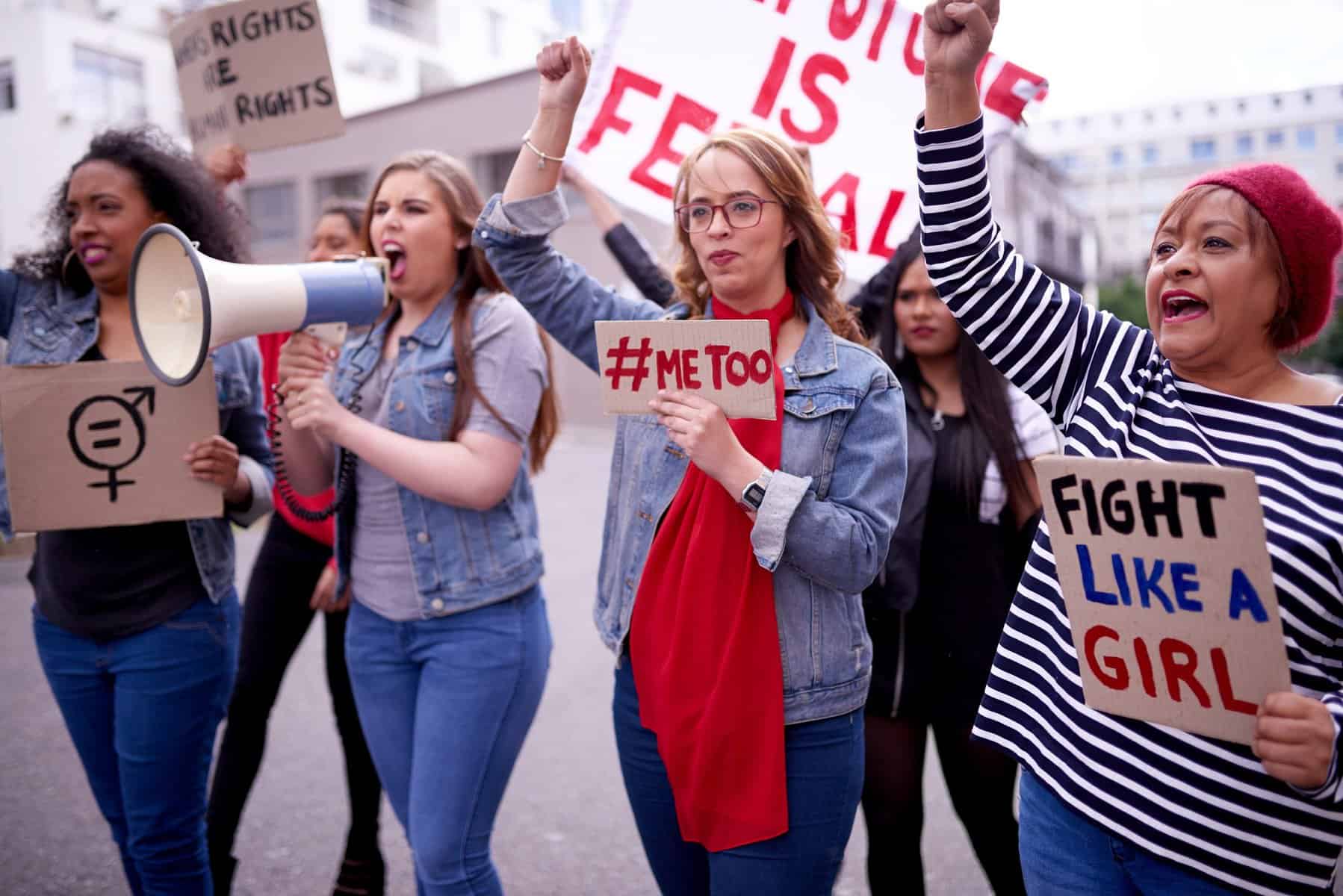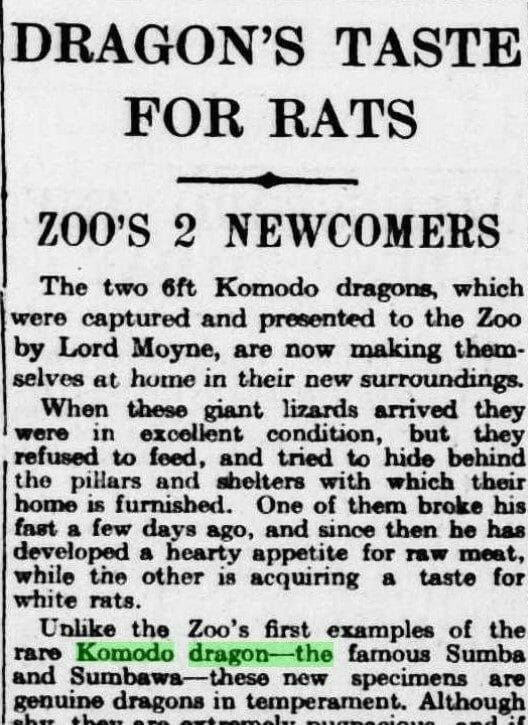│By Amelie Bonney, Gale Ambassador at the University of Oxford│
Most of us see bright-feathered, warbling canaries as pets, yet these tiny birds were not always just household companions. In the nineteenth century they were used as exceptional risk predictors in mines. This was because they were particularly sensitive to carbon monoxide, a substance which led to numerous mining accidents in the aftermath of industrialisation. Thus, oddly, an increasing reliance on fossil fuels induced a new rapport with nature and animals. The canary’s role in mines became so engrained in the English language that “a canary in the coalmine” is now a well-known phrase, used to refer to early indicators of potential hazards. Gale’s Historical Newspapers allow us to better understand how the canary came to be emblematic of shifting attitudes towards risk during the nineteenth and twentieth centuries in the English-speaking world.

